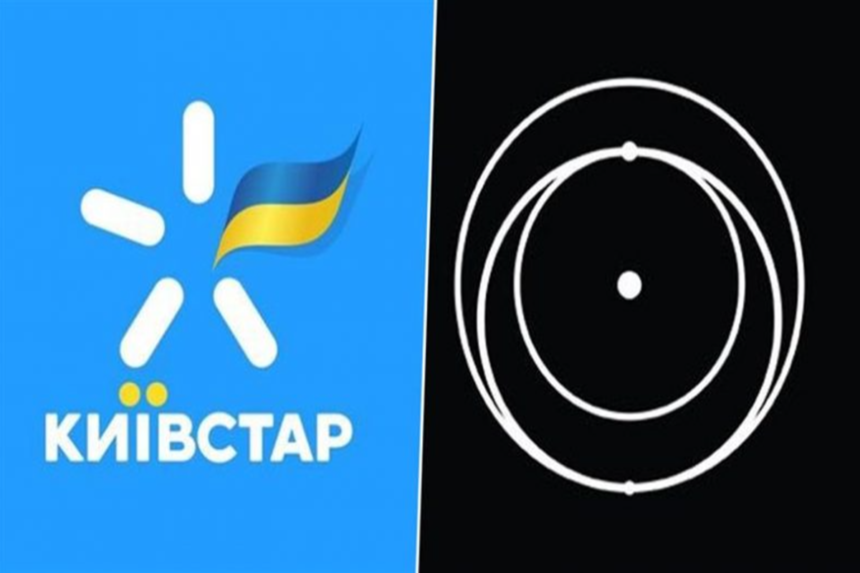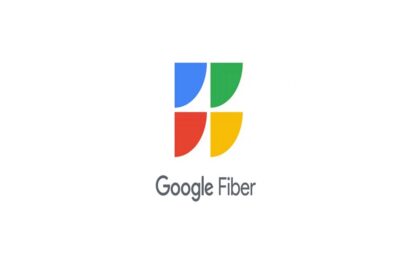Veon’s Ukrainian subsidiary, Kyivstar, has signed an agreement with SpaceX’s Starlink to provide direct-to-cell satellite connectivity across Ukraine. This collaboration aims to improve connectivity for Ukrainians amid the ongoing war with Russia, with plans to launch services in 2025.
Enhancing Communication in Challenging Times
Kyivstar announced that Starlink’s direct-to-cell services, starting with SMS and OTT messaging, will be available to its customers in the fourth quarter of 2025. Over time, these services will expand to include voice and data functionalities. The initiative is a significant step toward strengthening Ukraine’s communications infrastructure during the ongoing conflict.
Since the invasion in 2022, Starlink has played a crucial role in maintaining communication for both civilians and the Ukrainian military, providing thousands of satellite terminals. Kyivstar’s collaboration with Starlink further extends the satellite provider’s coverage, bringing advanced technology to the region.
Kyivstar’s Commitment to Strengthening Connectivity
Oleksandr Komarov, CEO of Kyivstar, emphasized the importance of this partnership for Ukraine’s resilience and connectivity. He stated, “Kyivstar has been the backbone of Ukraine’s resilience throughout the war, and we are committed to leaving no stone unturned to keep Ukraine connected.” The partnership aligns with Kyivstar’s “LTE everywhere” initiative, aiming to cover 98% of the population with 4G services by 2026.
Major Investment to Support Infrastructure Growth
In addition to this strategic partnership, Veon has committed $1 billion in investment to Kyivstar from 2023 to 2027. Kyivstar has already made substantial progress, building 1,895 new LTE base stations and upgrading 13,200 existing ones. These efforts have expanded 4G coverage to 95% of Ukraine’s population in areas under Ukrainian control.
Italian Government and SpaceX in Satellite Talks
Meanwhile, SpaceX is also in discussions with the Italian government regarding a potential satellite deal worth up to €1.5 billion ($1.6 billion). This agreement could provide secure telecommunications for Italy’s government and military. The project has already received approval from Italy’s Intelligence Services and the Ministry of Defense, signaling strong confidence in SpaceX’s capabilities.
Jeff Bezos Aims to Rival Musk with Amazon’s Satellite Broadband
Amazon’s founder, Jeff Bezos, is preparing to launch Amazon’s Project Kuiper satellite broadband service in the UK, with plans to rival SpaceX’s Starlink. According to The Telegraph, the service could be available later this year as Amazon seeks increased access to Britain’s radio frequencies.
Project Kuiper plans to deploy over 3,000 satellites in Low Earth Orbit (LEO) to provide global broadband coverage. Amazon faces a tight deadline, needing to launch half of its constellation by July 30, 2026, to maintain its Federal Communications Commission (FCC) license. Although only two prototype satellites have been launched so far, Amazon is committed to expanding the constellation to improve broadband access.
Taiwan Seeks Amazon’s Satellite Communications
In addition to the UK, Taiwan has been in talks with Amazon’s Project Kuiper for satellite communications to ensure resilient connectivity in case of external threats, particularly from China. The Taiwanese government is exploring partnerships after the OneWeb network fell short of expectations in meeting the island’s communication needs.
Satellite News Updates
- Eutelsat: The French satellite operator restored services to its OneWeb broadband network after a software issue led to a brief outage earlier this month. Eutelsat has also selected Airbus Defence and Space to expand its OneWeb constellation.
- SES: SES successfully launched two new O3b mPOWER satellites into Medium Earth Orbit (MEO), increasing the network’s capacity and improving global broadband coverage.
- Slam Corp: Slam Corp extended its merger deadline with Lynk Global, which will enable direct-to-smartphone satellite services. However, the merger could require a refund to investors who opted out.
- K2 Space: The US Space Force awarded K2 Space a $60 million contract to launch its Mega Class satellite, with a mission launch expected no earlier than February 2026.
- Sierra Space: Sierra Space announced that CEO Tom Vice would retire at the end of 2024 after leading the company for three and a half years.
FAQ
1. What is Starlink’s direct-to-cell service?
Starlink’s direct-to-cell service allows smartphones to connect directly to satellites, bypassing traditional cellular towers. This service is especially beneficial in remote or disaster-stricken areas where terrestrial infrastructure is unavailable.
2. How will the partnership between Kyivstar and Starlink improve connectivity in Ukraine?
This partnership will enhance Ukraine’s mobile connectivity by providing satellite-based services, ensuring that even areas without robust terrestrial networks can stay connected.
3. What is the significance of Amazon’s Project Kuiper in the satellite broadband market?
Project Kuiper is Amazon’s initiative to launch thousands of satellites into Low Earth Orbit to provide global broadband access, positioning the company as a competitor to SpaceX’s Starlink, especially in markets like the UK.
4. How has SpaceX supported Ukraine’s communication during the war?
SpaceX has provided Ukraine with thousands of Starlink satellite terminals, allowing military and civilian sectors to maintain communication despite damage to traditional infrastructure caused by the conflict with Russia.
5. What are the benefits of satellite broadband networks like Starlink and Project Kuiper?
Satellite broadband networks provide reliable internet connectivity in remote areas, offer a backup for terrestrial networks, and enable global coverage, which is crucial for regions affected by natural disasters or geopolitical tensions.



















